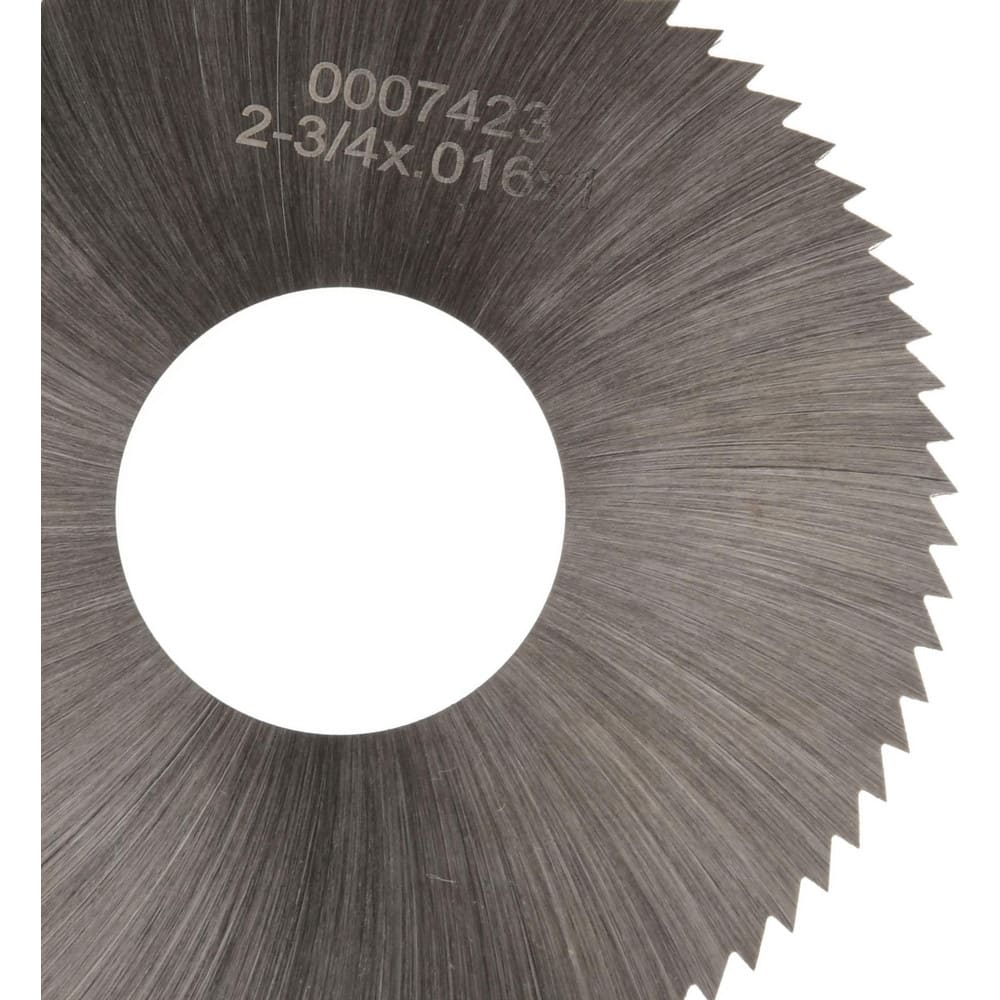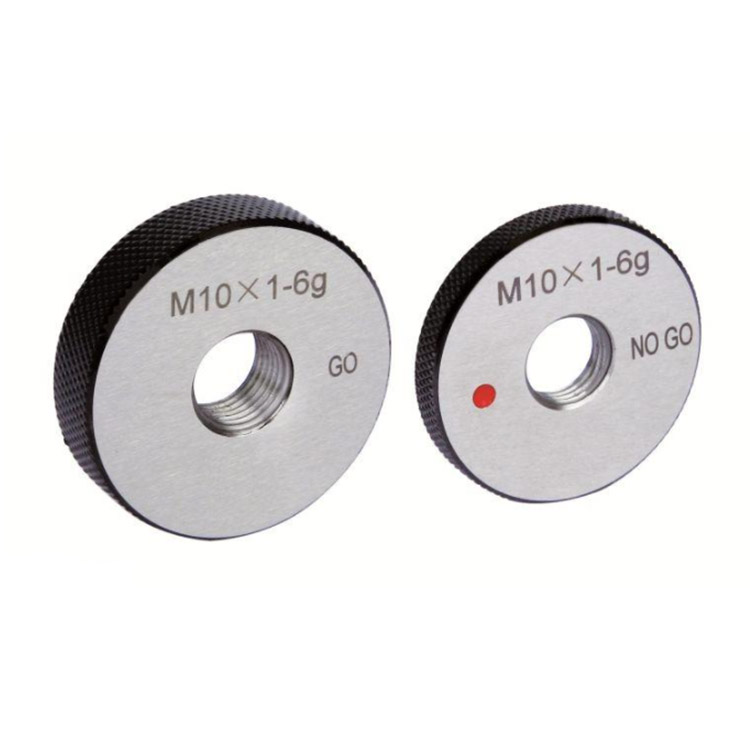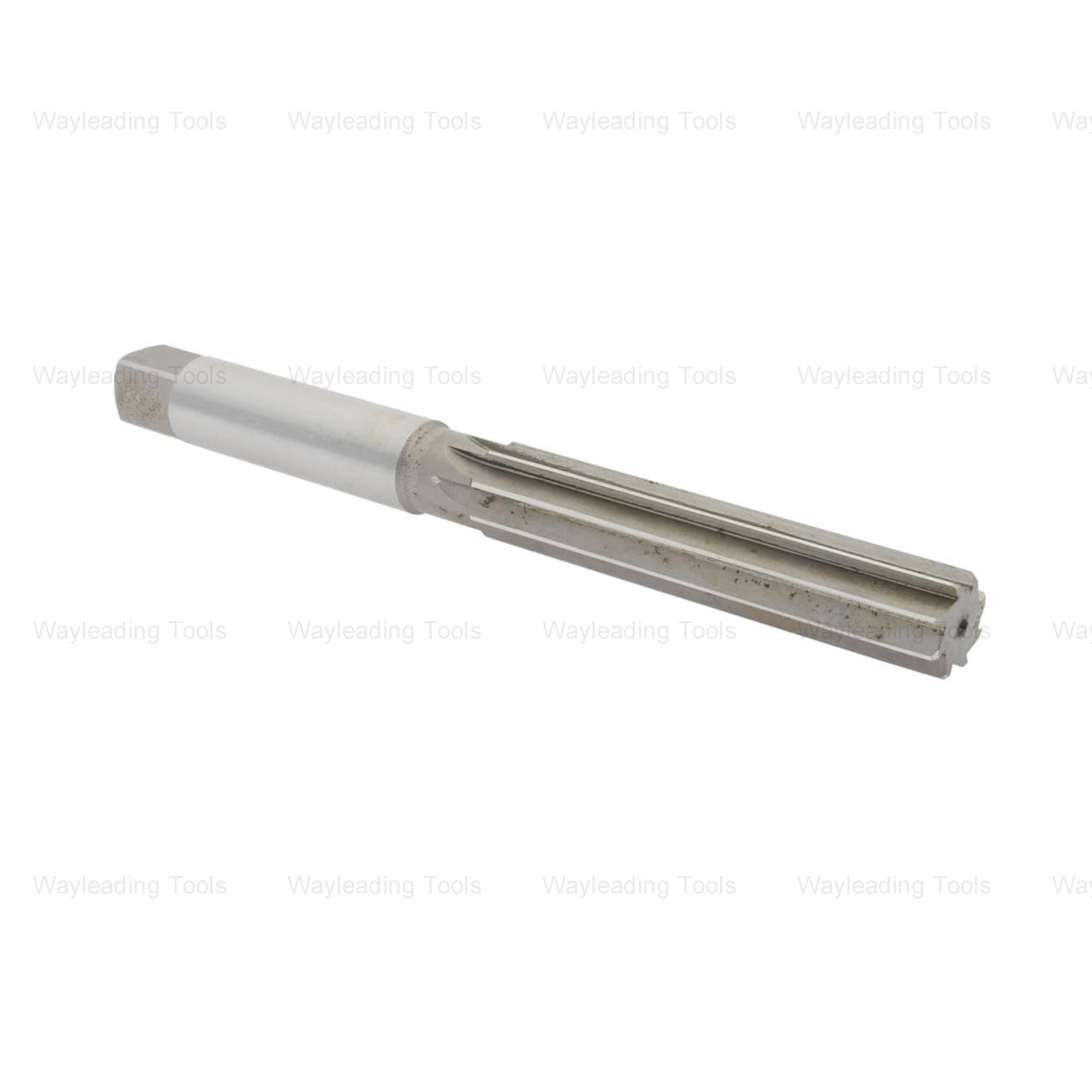thread mills Manufacturer
Finding the right thread mills manufacturer is crucial for ensuring the quality and precision of your threading processes. This guide provides a comprehensive overview of what to look for in a thread mills manufacturer, key considerations when selecting a supplier, and essential tips for making an informed decision.
Understanding Thread Mills and Their Applications
Thread mills are versatile cutting tools used to create internal and external threads in various materials. Unlike taps and dies, which form threads in a single pass, thread mills cut threads using a helical interpolation motion. This offers several advantages:
- Versatility: A single thread mill can produce threads of different sizes and pitches.
- Precision: Thread mills can achieve tight tolerances and high-quality thread finishes.
- Material Compatibility: Suitable for threading hard or difficult-to-machine materials.
- Blind Hole Threading: Ability to thread close to the bottom of blind holes.
Applications include aerospace, automotive, medical, and general manufacturing industries. Common uses involve threading components made of steel, stainless steel, aluminum, titanium, and even plastics.
Key Factors to Consider When Choosing a Thread Mills Manufacturer
Selecting the right thread mills manufacturer is essential for obtaining reliable and high-performance tooling. Here's what to look for:
Material Quality and Manufacturing Processes
The material used in thread mills directly impacts their performance and lifespan. Look for manufacturers who use high-quality carbide or high-speed steel (HSS) and employ advanced grinding and coating techniques. Ask about the specific grade of carbide used (e.g., micro-grain carbide) and the types of coatings applied (e.g., TiAlN, AlCrN). These details indicate the manufacturer's commitment to quality.
Precision and Accuracy
The accuracy of a thread mill is critical for producing threads that meet specifications. Reputable manufacturers will provide data on their tools' dimensional tolerances and thread form accuracy. Look for manufacturers with ISO 9001 certification, which indicates a commitment to quality management systems. Consider asking for sample inspection reports to verify their claims.
Range of Products and Customization Options
Ideally, your chosen manufacturer should offer a wide range of thread mills to suit different applications. This includes different sizes, thread forms (e.g., metric, imperial, NPT), and geometries. Furthermore, the ability to customize tools to meet specific needs is a significant advantage. Wayleading Tools (www.wayleading.com) provides a comprehensive selection of standard and custom thread mills.
Coating Options for Enhanced Performance
Coatings play a vital role in extending the life and improving the performance of thread mills. Common coatings include:
- TiAlN (Titanium Aluminum Nitride): Offers excellent wear resistance and high-temperature stability.
- AlCrN (Aluminum Chromium Nitride): Provides superior hardness and resistance to oxidation.
- DLC (Diamond-Like Carbon): Reduces friction and improves cutting performance, especially in non-ferrous materials.
Choose a manufacturer that offers a variety of coating options and can advise you on the best coating for your specific application.
Technical Support and Expertise
A reliable thread mills manufacturer should provide excellent technical support and possess in-depth knowledge of threading processes. This includes assistance with tool selection, cutting parameter optimization, and troubleshooting. Look for manufacturers with experienced application engineers who can provide expert advice.
Lead Times and Delivery
Consider the manufacturer's lead times and delivery capabilities. A manufacturer with efficient production processes and a robust supply chain can ensure timely delivery of your tools. Inquire about their stock availability and their ability to handle rush orders.
Pricing and Value
While price is a factor, it shouldn't be the sole determinant. Focus on the overall value, which includes the quality of the tools, their performance, and the level of support provided. Compare prices from several manufacturers and carefully evaluate their offerings. Lower price doesn't always translate to the best value.
Evaluating Potential Thread Mills Manufacturers
Once you have identified a few potential manufacturers, conduct a thorough evaluation. Here are some steps to take:
- Request Catalogs and Technical Data: Obtain detailed information on their product range and technical specifications.
- Request Samples: Ask for samples of their thread mills to test in your own application.
- Visit Their Facility (if possible): A visit to the manufacturer's facility can provide valuable insights into their production processes and quality control measures.
- Check References: Contact other customers to learn about their experiences with the manufacturer.
- Review Case Studies: Look for case studies that demonstrate the manufacturer's capabilities and the performance of their thread mills in real-world applications.
Troubleshooting Common Threading Issues
Even with high-quality thread mills, you may encounter threading issues. Here are some common problems and their potential solutions:
Poor Thread Finish
- Cause: Dull tool, incorrect cutting parameters, inadequate coolant.
- Solution: Replace the thread mill, adjust cutting speed and feed rate, ensure proper coolant flow.
Oversized Threads
- Cause: Incorrect tool diameter, excessive tool wear.
- Solution: Verify the tool diameter, replace the worn thread mill.
Chipping or Breakage
- Cause: Excessive feed rate, vibration, hard material.
- Solution: Reduce the feed rate, improve workpiece clamping, use a thread mill designed for hard materials.
Consult with your thread mills manufacturer for specific troubleshooting advice.
The Future of Thread Mills
The field of thread mills is constantly evolving, with advancements in materials, coatings, and geometries. Future trends include:
- Improved Coatings: Development of new coatings with enhanced wear resistance and lubricity.
- Optimized Geometries: Design of thread mills with geometries tailored for specific materials and applications.
- Smart Tooling: Integration of sensors into thread mills to monitor cutting forces and tool wear.
Choosing Wayleading Tools as Your Thread Mills Manufacturer
When it comes to finding a reliable thread mills manufacturer, Wayleading Tools stands out as a leader in the industry. With years of experience, Wayleading Tools (www.wayleading.com) offers a comprehensive range of high-quality thread mills designed for various applications. Their commitment to innovation, quality, and customer satisfaction makes them the ideal choice for businesses looking for reliable and high-performing threading solutions.
Conclusion
Choosing the right thread mills manufacturer is a critical decision that can significantly impact your manufacturing processes. By considering the factors outlined in this guide and conducting a thorough evaluation, you can select a supplier that meets your specific needs and helps you achieve optimal threading performance. Remember to prioritize quality, precision, and technical support to ensure long-term success. For top-quality thread mills, consider exploring the offerings at Wayleading Tools.
Related products
Related products
Best selling products
Best selling products-
 Double-beam Digital Gauge With Digital Counter
Double-beam Digital Gauge With Digital Counter -
 High Precision BT-ER Collet Chuck – CNC Tool Holder, Spring Type, ER16–ER40
High Precision BT-ER Collet Chuck – CNC Tool Holder, Spring Type, ER16–ER40 -
 9PCS Broken Tap Extractor Set With Storage Box
9PCS Broken Tap Extractor Set With Storage Box -
 Parting & Grooving Tool Set With SLTB Blcok, NCIH Blades, GTN Inserts
Parting & Grooving Tool Set With SLTB Blcok, NCIH Blades, GTN Inserts -
 25PCS DIN338 HSS Twist Drill Bit Set From 1-13mm
25PCS DIN338 HSS Twist Drill Bit Set From 1-13mm -
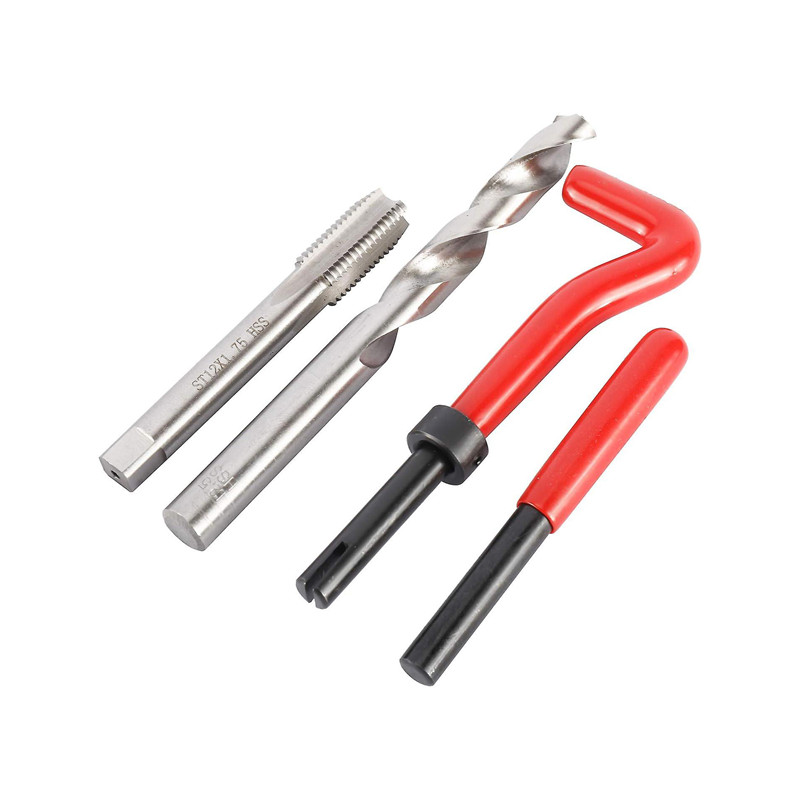 131PCS Thread Repair Set And Helicoil Type Thread Repair Set
131PCS Thread Repair Set And Helicoil Type Thread Repair Set -
 Precision 7pcs Angle Blocks Set With High Quality Type
Precision 7pcs Angle Blocks Set With High Quality Type -
 Precision V Block Set With M Type
Precision V Block Set With M Type -
 Precision 10pcs & 12pcs Angle Blocks Set With High Quality Type
Precision 10pcs & 12pcs Angle Blocks Set With High Quality Type -
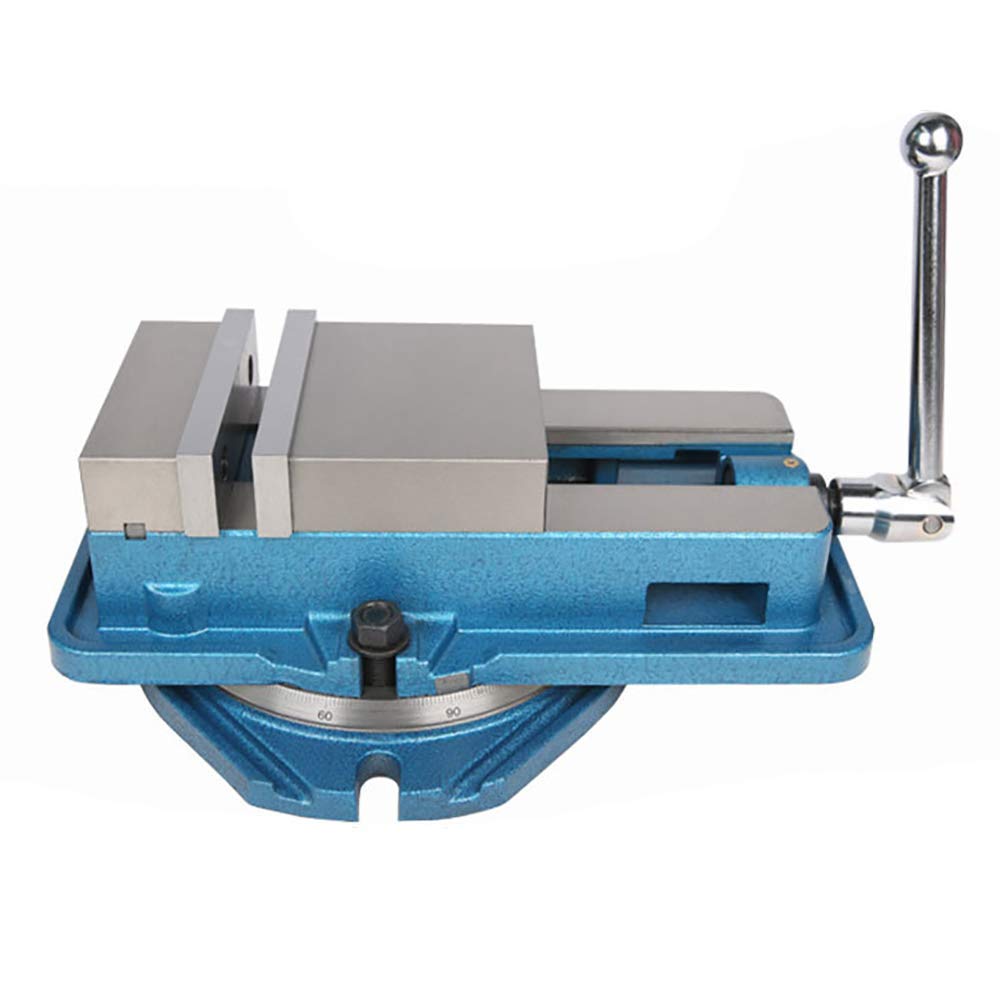 QM ACCU-Lock Precision Machine Vises With Swivel Base
QM ACCU-Lock Precision Machine Vises With Swivel Base -
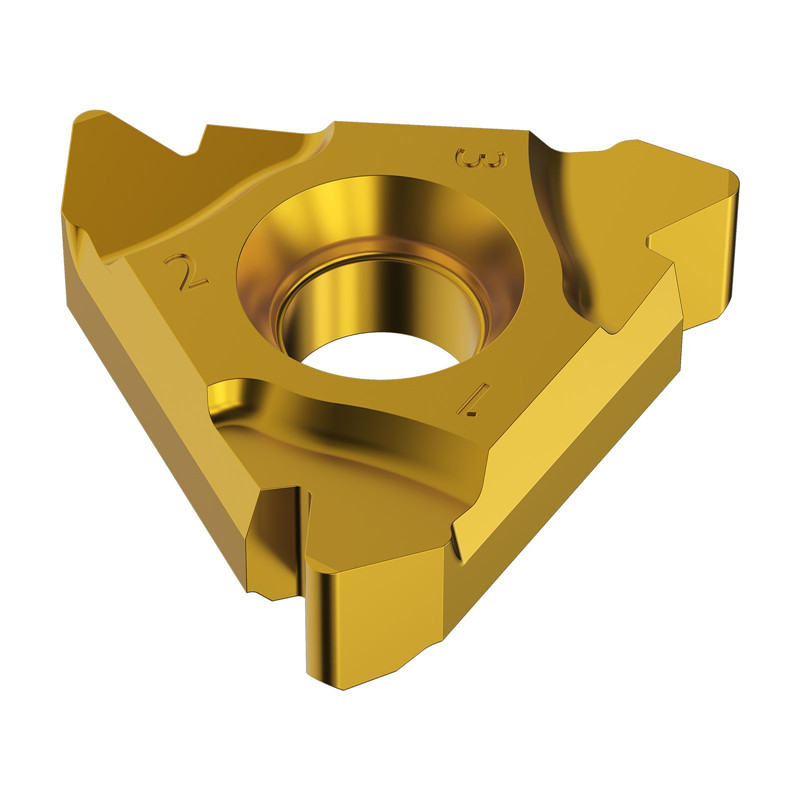 Partial profile 60° Threading Insert With ER & IR Type
Partial profile 60° Threading Insert With ER & IR Type -
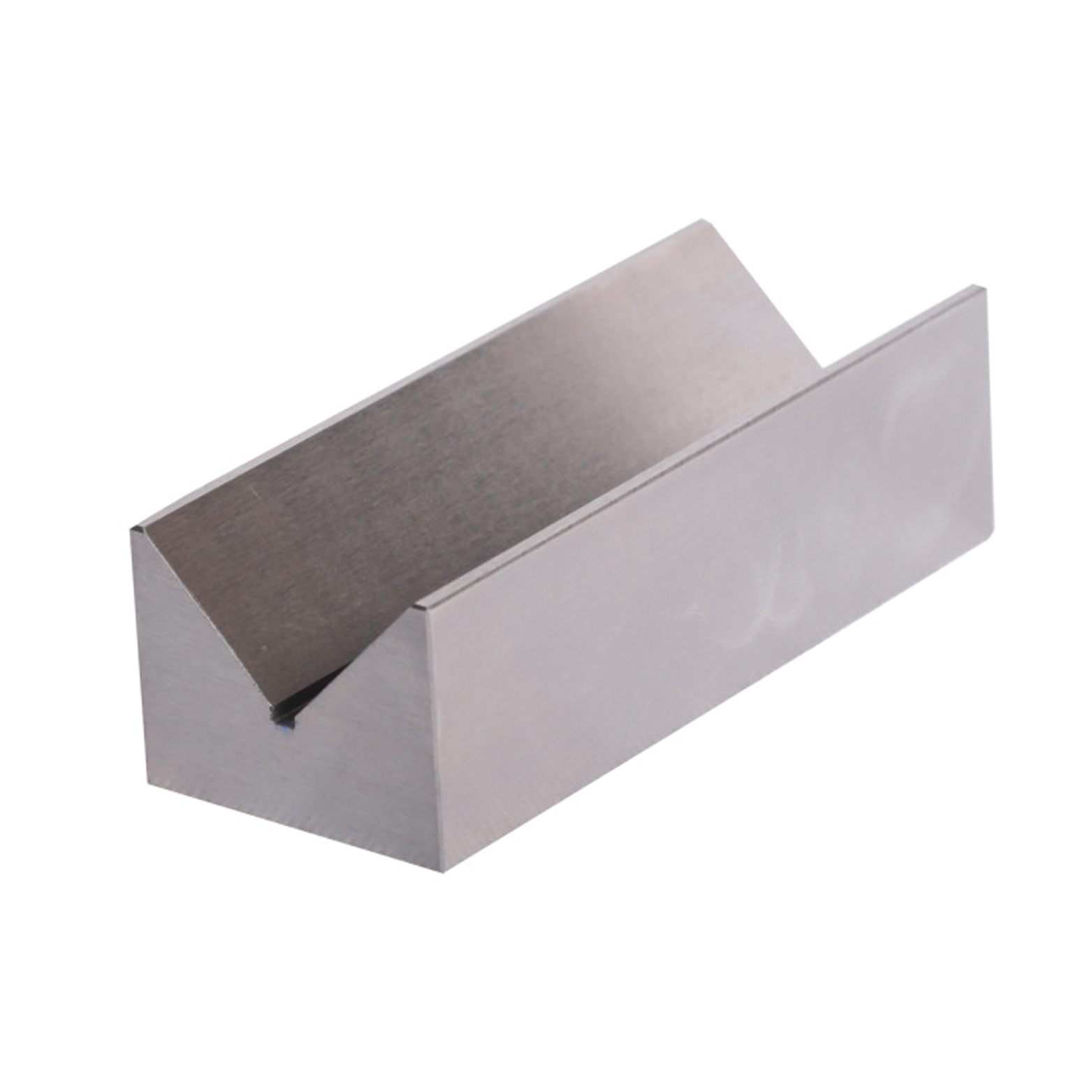 Precision V Block Set With Industrial Type
Precision V Block Set With Industrial Type




